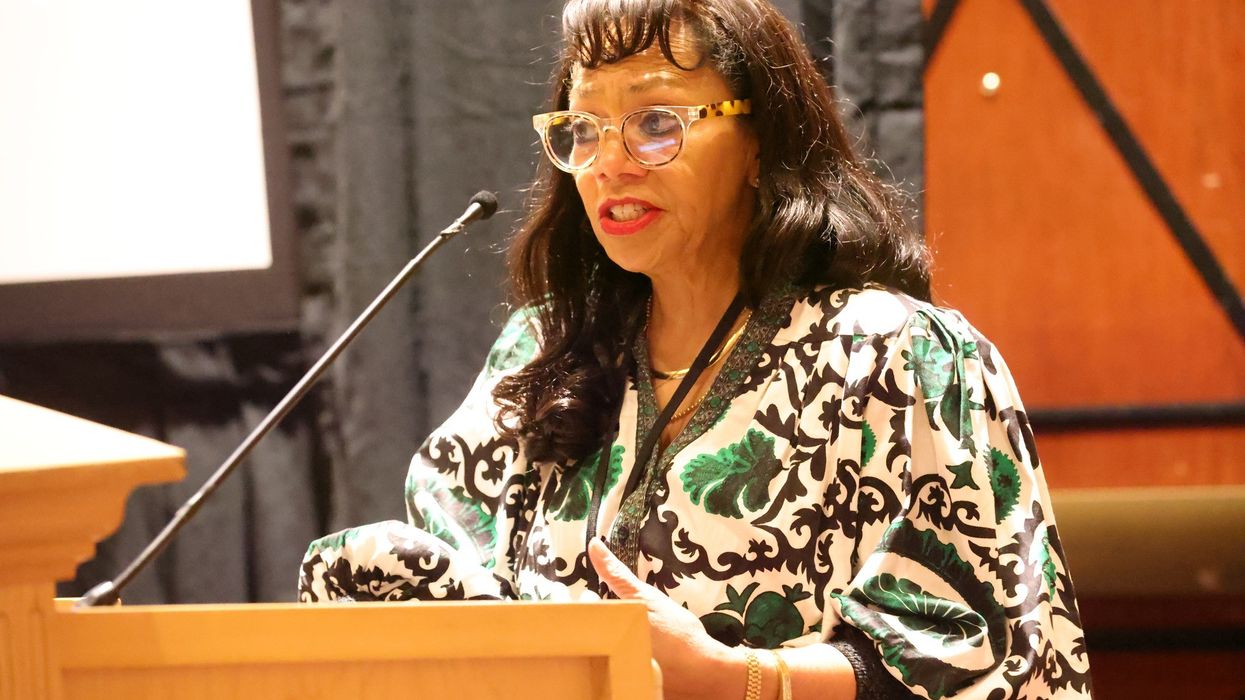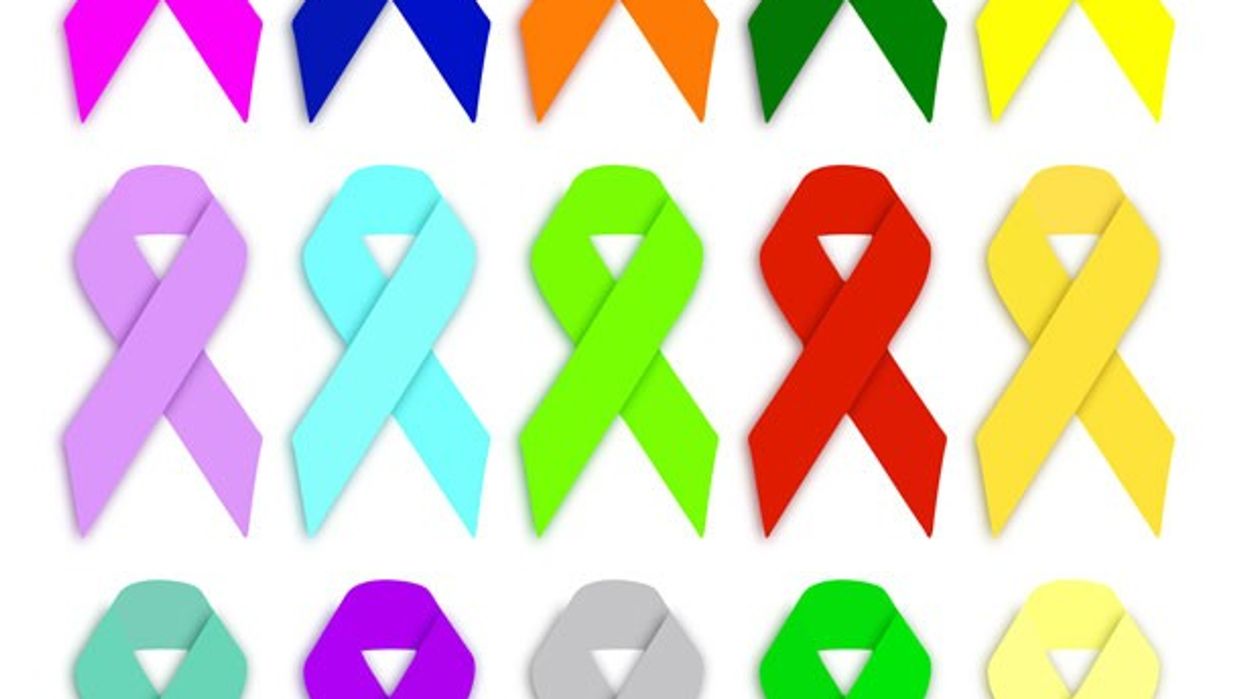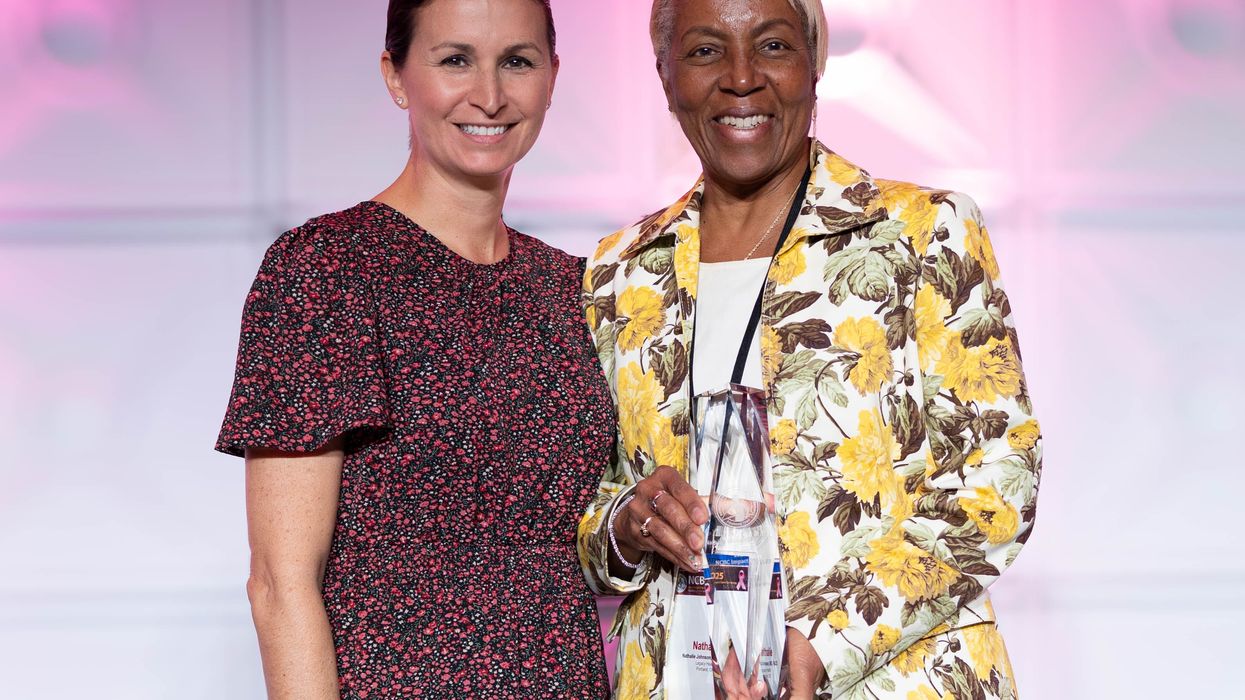By the time Alexis walks into the office, she’s already exhausted. She was up before dawn making sure her kids had what they needed for school, checking in on her aging mother, and answering a few work emails before she even stepped out the door. At work, she’s the go-to problem solver, the reliable one, the woman who “somehow does it all.” But beneath her polished exterior, she carries the weight of unspoken expectations, microaggressions, and the constant pressure to prove herself. The stress lingers in her tight shoulders, her pounding headaches, and the emotional eating she turns to late at night when the world is finally quiet. Like so many Black women in the workplace, Alexis is running on empty—because somewhere along the way, she learned that taking care of herself came last.
As Black women, we've inherited a complex relationship with self-care. From being celebrated as the "strong Black woman" to carrying the weight of our families and communities, taking care of ourselves often falls last on our endless to-do lists. As someone who gained and lost over 700 pounds before finding freedom from stress eating, emotional overeating, and yoyo dieting, I understand this struggle intimately.
In my memoir "Leaving Large: The Stories of a Food Addict" and my TEDx Talk "A Food Addict's Lesson: Confusion. Clarity. Recovery," I share how understanding our food stories dramatically changes our ideas about self-worth and how we manage our health. For Black women especially, these stories are deeply rooted in our history and culture:
Self-care is often viewed as a luxury we can't afford. Self-awareness is sometimes mistaken for self-criticism. Selfishness is a label we've been conditioned to fear. Self-worth is often measured by how much we do for others. Self-investment is frequently postponed for family needs. And finding yourself is a journey many of us delay until a crisis hits.
The statistics couldn’t be more telling: 82% of Black women are overweight or obese, the highest rate of any demographic group. We're also more likely to die from heart disease, diabetes, and stroke - conditions directly linked to diet and lifestyle. Yet we're often the last to prioritize our own health.
Black women must reclaim self-care in the workplace by:
- Setting Boundaries: Learn to say no without guilt and protect your time and energy.
- Building Support Networks: Connect with other Black women in your industry for mutual encouragement.
- Seeking Culturally Competent Healthcare: Ensure you have access to professionals who understand the unique stressors and health risks Black women face.
- Practicing Mindful Eating at Work: Be intentional about food choices, avoid stress eating as a coping mechanism.
- Advocating for Change: Challenge workplace policies that ignore or contribute to burnout and health disparities.
When we change our stories about self-worth, we change not just our lives, but our lineage. The movement towards true self-care in the workplace and beyond starts now.









 Dr. Cary S. Kaufman teaches the "Essentials of Oncoplastic Surgery" course through the National Consortium of Breast Centers, providing breast surgeons around the world with advanced techniques for optimal breast surgery outcomes.
Dr. Cary S. Kaufman teaches the "Essentials of Oncoplastic Surgery" course through the National Consortium of Breast Centers, providing breast surgeons around the world with advanced techniques for optimal breast surgery outcomes.







